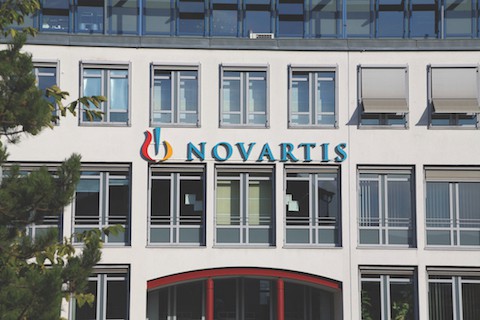
Novartis has announced a licence option agreement with Voyager Therapeutics, a gene therapy company focused on next-generation adeno-associated virus (AAV) technologies, for three capsids to use in potential gene therapies for neurological diseases, with options to access capsids for two other targets.
Voyager will receive an initial $54m to license its new class of AAV capsids to Novartis for application on three undisclosed CNS targets, along with an option to include two more targets.
In total, the deal could add up to $1.7bn in option exercise fees and milestones.
Novartis is involved in developing treatments for diseases of the central nervous system, including neurological diseases that manifest in deep brain regions where commonly used vectors have not been shown to effectively target and penetrate.
“The challenge of biodistribution of AAV gene therapies to target cell types in the brain is longstanding, but we refuse to believe it is insurmountable,” said Jay Bradner, President of the Novartis Institutes for BioMedical Research (NIBR).
“We see the potential of Voyager’s innovative platform to imagine new types of therapeutics for life-threatening CNS diseases.”
Data suggests that AAV capsids from Voyager’s proprietary TRACER (Tropism Redirection of AAV by Cell type-specific Expression of RNA) platform show broad and improved distribution to neurons in the cortex and deeper brain regions.
“We have a robust pipeline of gene therapy programs to target diseases of the central nervous system – a number of them requiring enhanced delivery vectors that reach cells in multiple brain regions, which has not been possible with technologies used to date,” said Bob Baloh, Head of Neuroscience at NIBR.
“We look forward to evaluating these capsids from Voyager’s TRACER platform, which hopefully will enable us to bring new therapeutic options to patients with devastating neurological conditions.”




